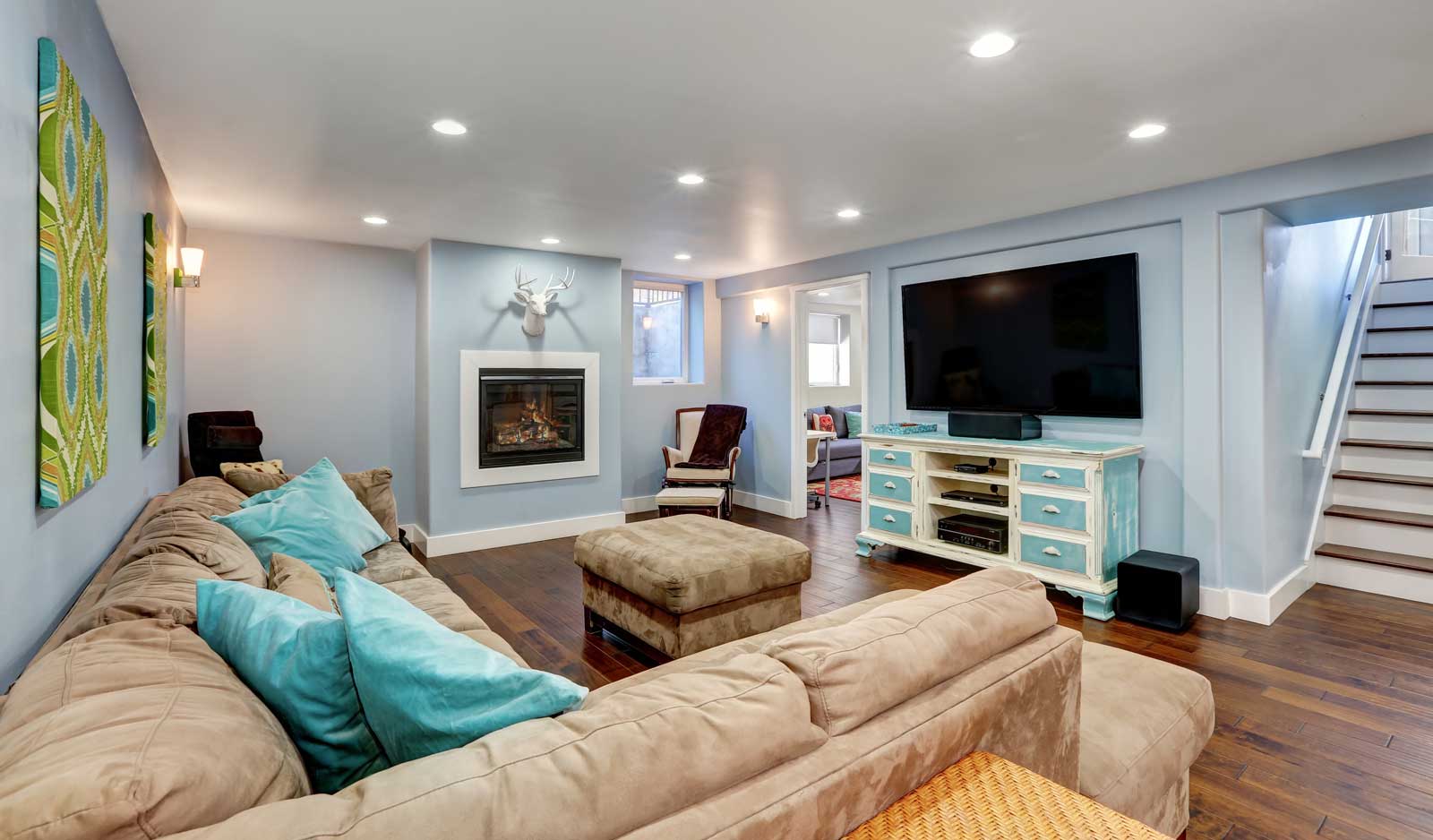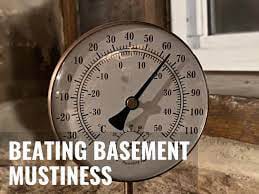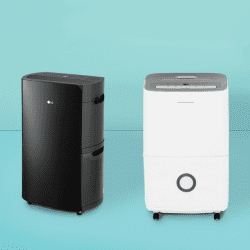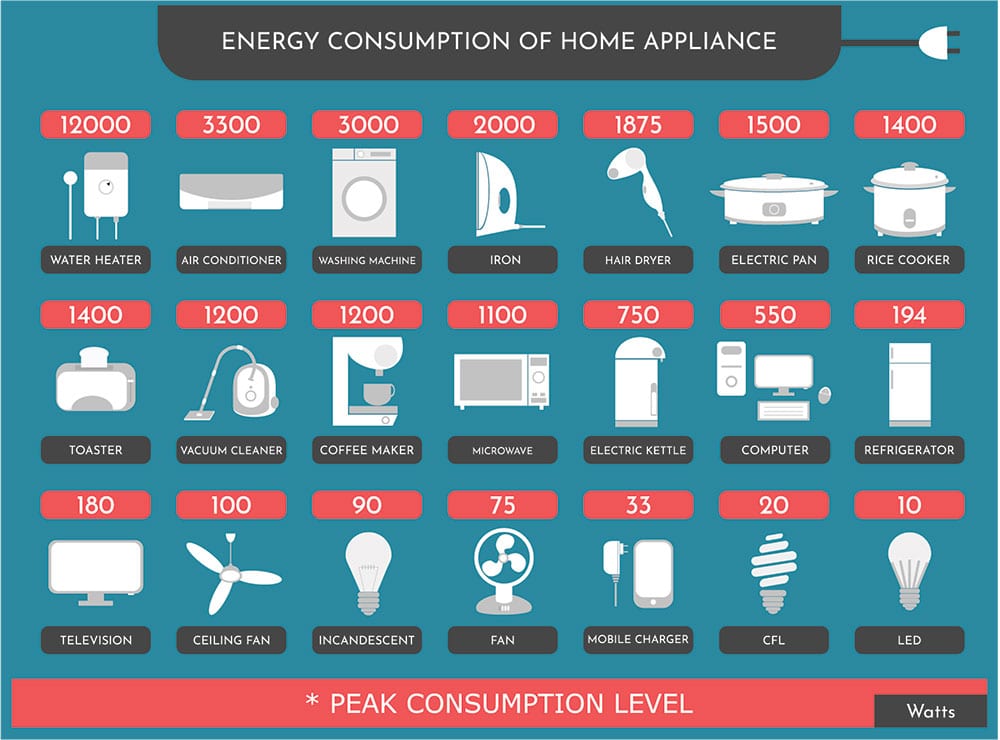Basement Humidity – A Summer Problem?
July 13, 2021 11:38 amIs your basement too humid?
The best way to test the humidity in your basement is to use a tool designed for measuring humidity that’s Hygrometer, you can purchase a simple one from most hardware stores prices start around $8 for the most basic model.
In the summertime, basement windows may be opened for fresh air. If the outside air is warm and humid, it will condense on the cool basement wall and floor surfaces. Many homeowners see this moisture and believe they are experiencing basement wall leakage, when in fact the accumulated moisture is from condensation, this can increase your humidity levels to around 60 percent. Because of this, homeowners must work to adjust those levels back to the ideal humidity level between 30 and 50 percent or risk mold, mildew, and bacteria buildup.
What Humidity Causes Mold Grow?
Basements are more exposed to a constant source of moisture from the external environment; therefore, your dehumidifier should run very frequently. Molds tend to become a problem at a relative humidity of 60% and above. Therefore, it’s recommended that you keep your basement dehumidifier within a range of 40% to 60%
Did you know?
Vinegar truly is better than bleach at killing mold. In most cases, a background level of mold spores will remain after the application of bleach, but vinegar kills the mold, the best vinegar to use is the regular white distilled vinegar. Need more info?
Should you allow your dehumidifier to run all the time?
If the dehumidifier is allowed to run all day every day in one room this could lead to levels of moisture that are too low. Research indicates that for health and comfort, relative indoor humidity of 40 to 60 percent is desirable. Do you need a new dehumidifier a link to Good Housekeeping’s best dehumidifiers for 2021.
Do dehumidifiers use a lot of power?
Essentially, a dehumidifier draws much less electricity than a water heater, an air conditioner, even a hair drier. An average dehumidifier draws about as much energy as a computer. … learn more
How to Treat a Damp Basement
You should always make sure to treat damp as soon as you can spot it. Here are some top tips to help you address any small-scale damp issues and protect your basement from damp in the future.
- First, start with diagnosing the cause of the damp. If you can, find out what is causing the humidity and moisture as this will help you to fix it faster
- Make sure your basement is free of leakages. Fix any leakage or pipe breakage and insulate your pipes to stop condensation drips from cold pipes
- Proper ventilation is the key to a dry basement. Make sure you have plenty of efficient vents in and try to keep the humidity to a minimum
- Run a dehumidifier in your basement to control the moisture levels in the air
Despite this, sometimes you need to enlist the help of an expert to employ professional damp proofing techniques and dry out your soggy basement.
Categorised in: Home Renovations
This post was written by Team CORE






